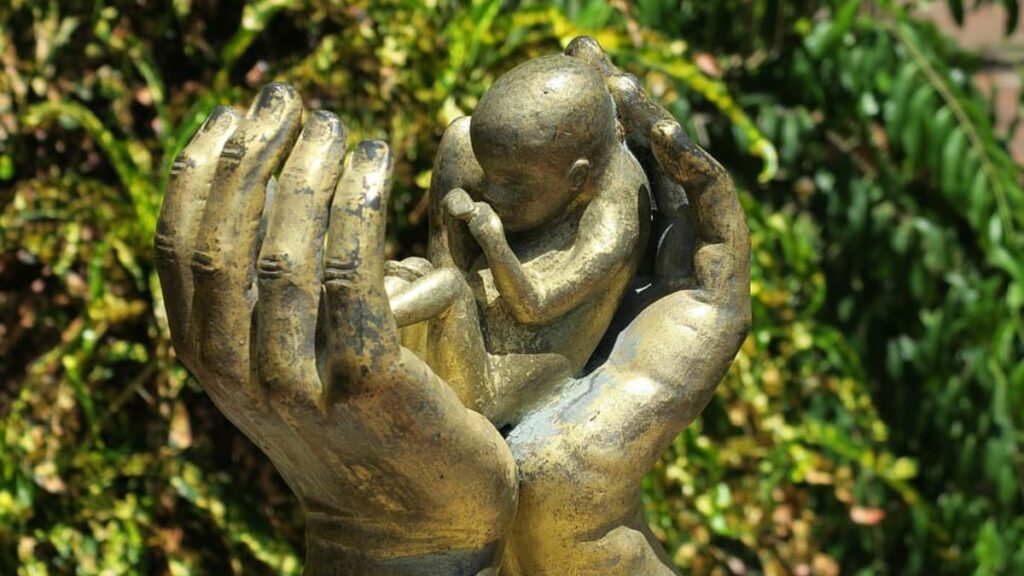A recent report on Ireland’s abortion laws has come under fierce criticism from pro-life advocates. The report recommends decriminalizing abortion altogether, which would effectively mean allowing abortion on request until birth. Elective abortions are currently allowed in Ireland up to 12 weeks of pregnancy and later in cases of fatal fetal abnormality or where the woman’s life or health are at risk. The review has been labelled ‘irresponsible’ for not presenting an accurate estimation of the abortion rate and for focusing so heavily on expanding abortion legislation. Instead, it was an opportunity to objectively assess the impact of the abortion law. The report is viewed by some as a ‘blueprint for more abortion’ and has failed to address the high abortion rates or support women adequately.
The report also recommends that all eight remaining maternity hospitals in Ireland that do not perform abortions should be made to do so, raising concerns about conscience protections for doctors and nurses. Pro-life advocates have also criticized the report’s claim of approximately 17,820 abortions in the Republic of Ireland between January 2019 and December 2022. This figure is viewed as being grossly inaccurate and underrating the actual number by 40%.
In reality, there were significantly more abortions performed than has been reported, with the Health (Regulation of Termination of Pregnancy) Act 2018 requiring doctors to fill in a notification form to the Minister for Health after performing an abortion. However, the number of notifications submitted by abortionists in 2021 was far below the number of claims made for reimbursement for abortions. The Pro-Life Campaign came to a total of 28,802 abortions performed in the Republic of Ireland from 2019 to 2022 by using the numbers of notifications and claims over the years since the referendum came into effect.
Ireland has undergone significant change in allowing abortion, and the report is seen as a significant overreach of power. It is vital that the government ensures women’s health is protected and that medical professionals are ethically and morally protected in their work. It is hoped that the Irish government will take note of the concerns raised by pro-life advocates and strive to strike a balance between ensuring access to safe healthcare for women while respecting human life.
